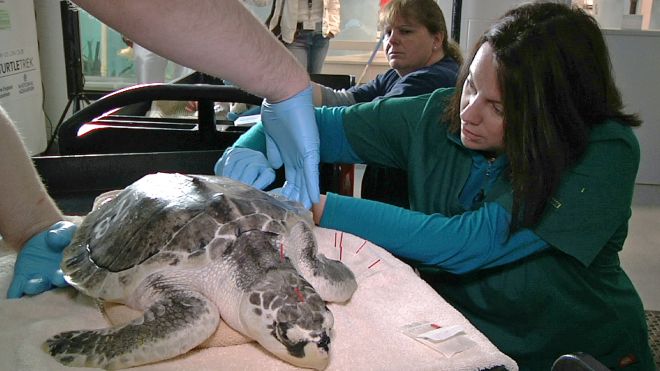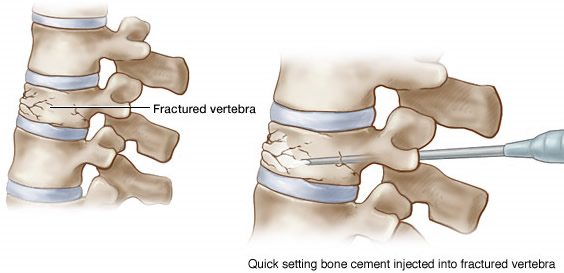Tag: clinical trials
Mediocre Expectations: Acupuncture
I had a dickens of a time writing this entry. The last week has been spent in New York for NECSS. It is safe to say that New York has plenty of distractions for us Dug the Dog types. Reality may be a honey badger, but New York is a squirrel. I say that when I travel I usually do not come...

Integrative medicine, naturopathy, and David Katz’s “more fluid concept of evidence”
Dr. David Katz is undoubtedly a heavy hitter in the brave new world of “integrative medicine,” a specialty that seeks to “integrate” pseudoscience with science, nonsense, with sense, and quackery with real medicine. In fairness, that’s not the way physicians like Dr. Katz see it. Rather, they see it as “integrating” the “best of both worlds” to the benefit of patients. However,...

Clinical trials of homeopathy versus “respect for science”
A few months ago, Steve Novella and I published an article in Trends in Molecular Medicine entitled “Clinical trials of integrative medicine: testing whether magic works?” It was our first foray together into publishing commentary about science-based medicine versus evidence-based medicine, using a topic that we’ve both written extensively about over the years on this blog and our respective personal blogs. Specifically,...

Mel asks and I do my best to answer. On acupuncture.
I read a lot of the pseudo-medical websites. The writing is at best pedestrian, often turgid, and, at its worst, incoherent. It is rarely either engaging or clever. Wit, the clever bon mot, the amusing turn of phrase or retort, is rare at best. So rare I cannot think of an example. It is ironic that those who engage in fantastical treatments...

Stem cells versus Gordie Howe’s stroke, part 2
Another Christmas has come and gone, surprisingly fast, as always. I had thought that it might make a good “last of 2014” post—well, last of 2014 for me, anyway; Harriet and Steve, at least, will be posting before 2014 ends—to do an end of year list of the best and worst of the year. Unfortunately, there remains a pressing issue that doesn’t...

Acupuncture Odds and Ends
I’m cheating. No, I’m recycling. ‘Tis the season to have to no time to get anything done. Since I know none of you pay attention to the blog of at the Society for Science-Based Medicine and I have no time with work and the holidays to come up with new material, I am going to collect and expand on the entries on...

Stem cells versus Gordie Howe’s stroke
Note: There is now a major update to this story published here, which explains a lot of the questions remaining in this blog post. Seven years ago I returned to Michigan, where I was born and spent the first quarter century of my life, after an absence of more than 20 years. In the interim, I had done my surgical residency and...

Using the fear of Ebola to promote the placebo legislation that is “right to try”
Libertarians and free market fundamentalists generally detest the FDA and want to dramatically decrease its power in the belief that the free market can guarantee the safety of drugs better than a government agency that requires strong scientific evidence of efficacy and safety before approval. Not surprisingly, they're at it again, this time in the service of promoting "right-to-try" laws and using...

Do doctors pay attention to negative randomized clinical trials?
We at the Science-Based Medicine blog believe that all medicine, regardless of where it comes from, should be held to a single science-based standard with regards to efficacy, effectiveness, and safety. We tend to focus primarily on “complementary and alternative medicine” (CAM), now more commonly known as “integrative medicine,” because (1) we believe it to be undermining the scientific basis of medicine...

